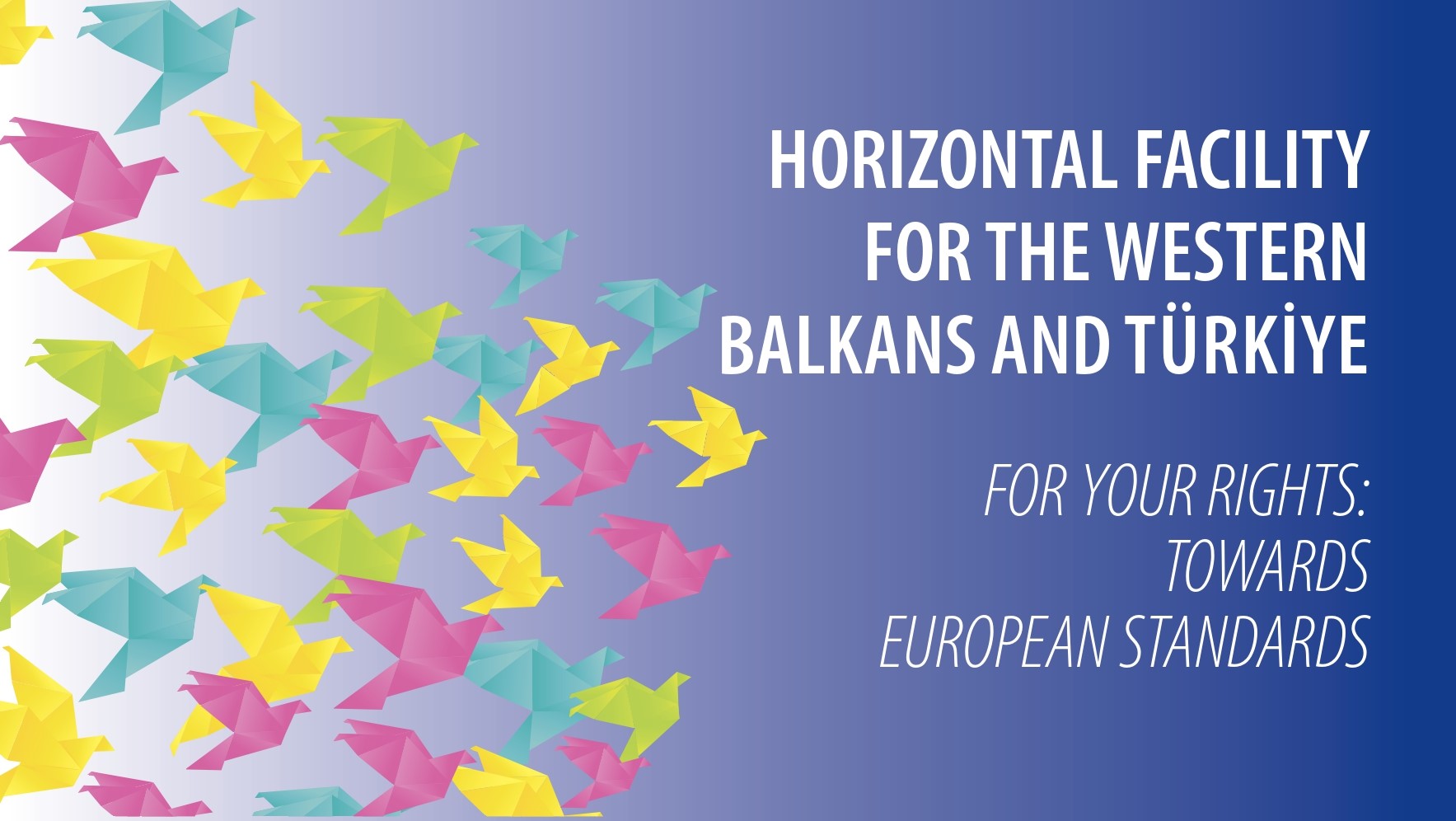Professional judgment on violent extremist and radicalised prisoners has to be verifiable and factual, concluded prison practitioners from Serbia

How to identify signs of radicalisation, perform assessment of risk and make a professional judgment on violent extremist prisoners or marginalised and vulnerable prisoners at risk from radicalisation, and tailor their rehabilitation path, were the main topics discussed at the two-day training for Serbian prison practitioners, held on 25-26 June, in Vrdnik, Serbia. Representatives of the multidisciplinary teams coming from detention facilities of Požarevac, Niš and Sremska Mitrovica, as well as the management of the Department for Execution of Criminal Sanctions, of the Ministry of Justice of Serbia, got insight into the improved methodology for screening of signs of radicalisation and further enhanced their understanding of the risk and needs assessment tool and process. They also improved their skills in treatment and interviewing techniques applied in daily work with this category of prisoners. In addition to these topics, the practitioners learned about the legal and institutional framework of Serbia in prevention of radicalisation and violent extremism and the latest findings of the survey conducted by Serbian Ministry of Interior in 2023. Furthermore, the importance of verifiable and evidence-based collection of data and information on a prisoner using different reliable sources, proper processing of these to make a valid professional judgment, were highlighted at the training. The training was organised within the auspices of the Beneficiary-specific component for Serbia under the regional action “Enhancing co-operation in the Western Balkans in managing violent extremism in prisons and preventing further radicalisation after release”, implemented under the joint European Union and Council of Europe programme “Horizontal Facility for the Western Balkans and Türkiye”.



